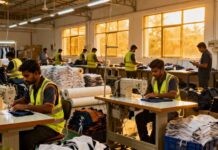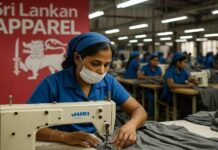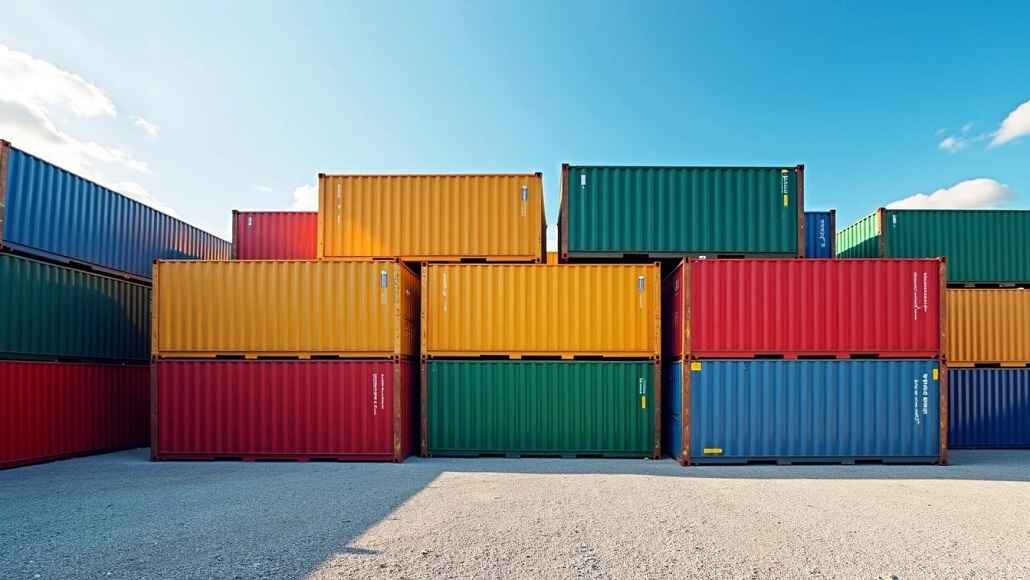In March 2025, U.S. ports monitored by the Global Port Tracker processed 2.15 million Twenty-Foot Equivalent Units (TEU), marking a 5.5% rise from February and an 11.3% increase year-over-year. However, upcoming months signal a downturn, with forecasts indicating May will experience a significant 12.9% decline, ending a 19-month period of consistent growth.
April’s preliminary data suggests a 2.2 million TEU volume, reflecting a 9.1% year-over-year rise. For June, projections suggest container throughput will reach 1.71 million TEU, the lowest since March 2023, followed by further declines in July and August. Jonathan Gold, NRF’s Vice President for Supply Chain and Customs Policy, warned: “We are starting to see the true impact of the tariffs on the supply chain… These tariffs will affect consumers in the form of higher prices and reduced availability on store shelves.”
The textile and apparel sector, heavily reliant on global supply chains, has been particularly affected by the ongoing tariff policies. Rising import costs and shipment delays have led to price surges in finished garments, with some textiles facing up to 15% increases in retail prices. Experts highlight the growing need for supply chain adaptability as retailers and manufacturers navigate these turbulent shifts in global trade.
Despite challenges, industry stakeholders, including Ben Hackett of Hackett Associates, emphasize that trade continues at reduced levels. He remarked: “Container carriers are indeed dropping voyages and consolidating cargo to maintain economies of scale… but reports of a ‘broken’ supply chain are far from reality.”

































